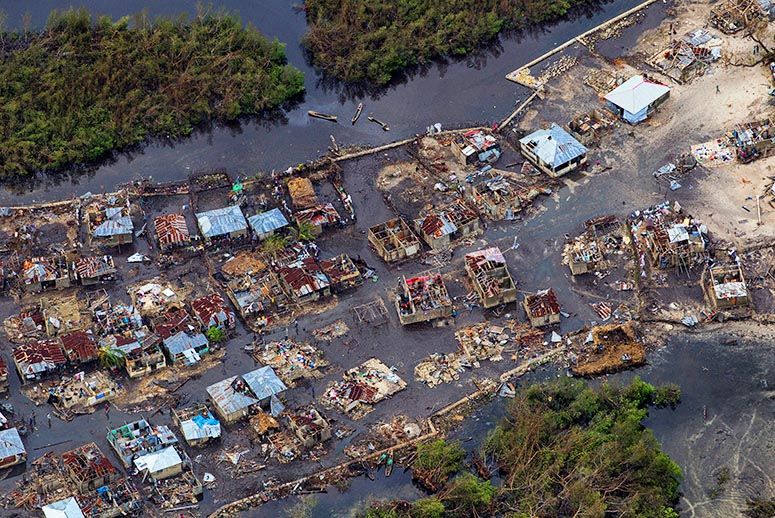
Health, since eons of centuries has been subject to environmental events and influence. In the current scenario too, the fluctuating climate patterns world over are marked by heat waves, thunderstorms, heavy rainfall, floods, rise in sea level, glacier melting, extended droughts, more intense storms like cyclones, hurricanes etc. all are capable of posing as a challenge to the health policy of nations and individuals. While climate change has been recognized as a global threat, it is important to realize the health risks it poses; and equally important for the governments of the world is also to prepare themselves for the upcoming pandemic health disruptions in future.
These pandemic health impacts can come in myriad forms such as heat stress, injuries, drowning, vectors—borne (food, water, mosquito) diseases, respiratory diseases, mental health disorders, malnutrition among others. All these disorders can be amplified by mass population movement, food shortages, water scarcity, and international conflicts— some of which have already started. A key role, in addressing these health incongruities, will be of the public health authorities— international, national, regional, private, non-governmental or even multilateral agencies.
Here it is pertinent to understand that health effects of climate change are not simply caused by climate change but in a way are a result of the interface between global forces and the local conditions such as lack of health services. There are accounts of adverse health effects due to climate-influenced disasters, further magnified by inadequate responses and services especially for the vulnerable groups. Haiti, for example in 2016 was battered by Hurricanes Mathew and Nicole. They unfolded a series of humanitarian crisis for the survivors due to lack of food supplies, crammed shelters and water shortages— all feuling the public health crisis of the island country. The cholera epidemic which had plagued the country for years, worsened with the onset of this anthropogenic climatic catastrophes. In order to mitigate the cholera epidemic, UN’s global public health body sent the vaccines to the hurricane-ravaged Caribbean nation, in an attempt to prevent an outbreak of the waterborne disease. The country, as such is one of the most impoverished and is also listed as the most vulnerable on the Global Climate Risk Index of 2018, which was unveiled at COP23.

In light of such epidemics and economic incapability for some, public health authorities world over need to come together for a cohesive health policy plan and prepare for future threats consequential of the changing climate. Certainly, climate change is a potential threat to the human health and therefore it required some priority based action-plans, which should be prepared in consultation with the communities or else there is always a risk to leave behind the most vulnerable.
Some key practices that can be adopted in wake of the climate-health landscape in coming decades are:
- Creating database on disease occurrences and environmental conditions. This will help agencies and governments to better monitor global health and climate risks more efficiently and in time.
- Expand capacity to forecast climate related health effects and epidemics along with identifying vulnerable groups which will be directly hit
- Awareness campaigns on health-related aspects of climate change which also highlight ways to reduce the risks
- Multilateral alignments and partnerships of governments, private sector, intergovernmental organizations and not-for-profit agencies to effectively address global health aspects of climate change, by building safety nets for the survivors.
- Develop response plans which can be implemented in the aftermath of the health epidemic, along with providing technical and logistical support with respect to medicines and other treatments
- Training of the next generation of experienced and competent health professionals who can respond to climate change threats immediately
Ultimately, governments and organizations need to device epidemiological models which take into account the local healthcare facilities and the threatened sections of the society. It should be noted that any disaster is not a standalone event but rather is a part of a chain of events, in this case anthropogenic climate change. Any disease outbreak— Cholera, malaria or any other vector-borne diseases are only the consequences of the actions which have influenced the environment, whether directly or indirectly. Of course mitigating climate change is essential, but given the current rate of global warming, it definitely poses as a real challenge for the world community, who certainly failed to mitigate issues for Haiti and other vulnerable nations, never mind the media hype. Surely then, world governments should in a concerted way prepare and produce a health policy plan, which is whole encompassing and at the same time robust enough to cater to both pandemic and individual health needs of the citizens in wake of climatic disturbances.
